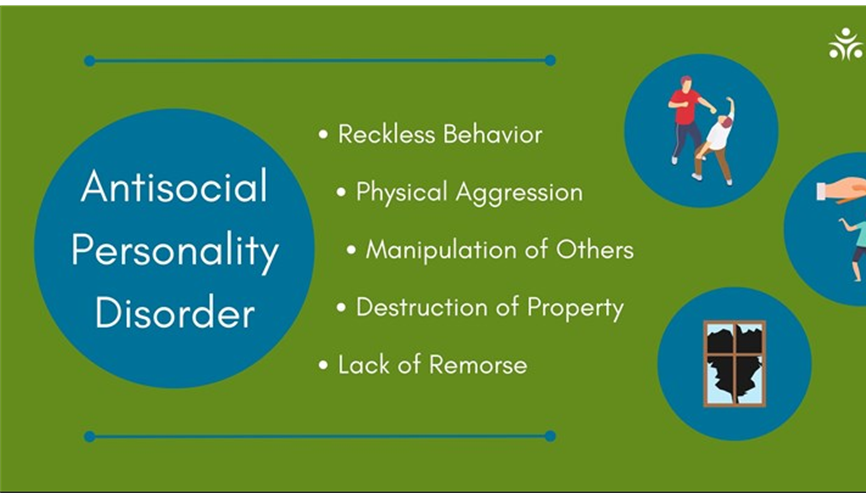A home-health nurse is assessing a client who has obsessive-compulsive disorder (OCD) and finds that the client demonstrates constant repetitive cleaning. The nurse knows that this behavior is an attempt to accomplish which of the following?
Decrease the time available for interaction with people
Prevent aggressive and impulsive behaviors
Decrease anxiety.
Manipulate others
The Correct Answer is C
Individuals with OCD often engage in compulsive behaviors, such as repetitive cleaning, as a way to alleviate or decrease anxiety associated with obsessive thoughts. In the context of OCD, obsessions are intrusive and distressing thoughts, images, or urges that cause significant anxiety, while compulsions are repetitive behaviors or mental acts performed in response to the obsessions.
A. Decrease the time available for interaction with people:
While individuals with OCD may isolate themselves due to their symptoms, the primary motivation for repetitive behaviors like cleaning is to manage anxiety, not necessarily to avoid interaction with others.
B. Prevent aggressive and impulsive behaviors:
OCD compulsions are not typically aimed at preventing aggressive or impulsive behaviors. They are driven by the need to reduce distress related to obsessive thoughts.
C. Decrease anxiety:
This is the correct answer. Compulsive behaviors in OCD are often ritualistic actions performed to reduce the anxiety associated with obsessive thoughts. Cleaning, in this case, is a way for the individual to feel a sense of control and alleviate anxiety.
D. Manipulate others
The primary motive behind OCD compulsions is to manage personal anxiety, not to manipulate others. Individuals with OCD often recognize that their compulsions are excessive or irrational, but they feel driven to perform them to alleviate anxiety.
Nursing Test Bank
Naxlex Comprehensive Predictor Exams
Related Questions
Correct Answer is D
Explanation
A. Concern for others: Individuals with antisocial personality disorder typically lack genuine concern for others and may exploit or manipulate them for personal gain.
B. Actively engaged in all unit activities: While engagement in activities can vary, the key feature of antisocial personality disorder is not a high level of engagement but rather a disregard for rules and the rights of others.
C. Mindful of following all of the unit rules: Individuals with antisocial personality disorder often have a history of rule-breaking and may not be consistently mindful of following societal or institutional rules. They may engage in behaviors that violate rules or laws.
D. Manipulative: This is the correct answer. Antisocial personality disorder is characterized by manipulative behaviors, where individuals exploit others for personal gain or pleasure. Manipulation is a key feature of this disorder.

Correct Answer is B
Explanation
A. Altered thought process related to hallucinations: While altered thought processes are common in manic episodes, hallucinations are not typically associated with mania in Bipolar I disorder. Hallucinations are more commonly seen in psychotic disorders.
B. Risk for violence related to poor impulse control and judgment: This is the correct priority diagnosis. During a manic episode, individuals may have impaired impulse control and poor judgment, increasing the risk of impulsive and potentially violent behaviors. Ensuring the safety of the client and others is the priority.
C. Altered thought process related to poor judgment: While altered thought processes and poor judgment are characteristic of mania, the specific concern in this scenario is the potential for violence. The risk for violence takes precedence as a priority nursing diagnosis.
D. Social isolation related to mania: Social isolation may be a concern, but the immediate priority is addressing the risk for violence, as it poses a more significant threat to the client and others during a manic episode.
Whether you are a student looking to ace your exams or a practicing nurse seeking to enhance your expertise , our nursing education contents will empower you with the confidence and competence to make a difference in the lives of patients and become a respected leader in the healthcare field.
Visit Naxlex, invest in your future and unlock endless possibilities with our unparalleled nursing education contents today
Report Wrong Answer on the Current Question
Do you disagree with the answer? If yes, what is your expected answer? Explain.
Kindly be descriptive with the issue you are facing.
